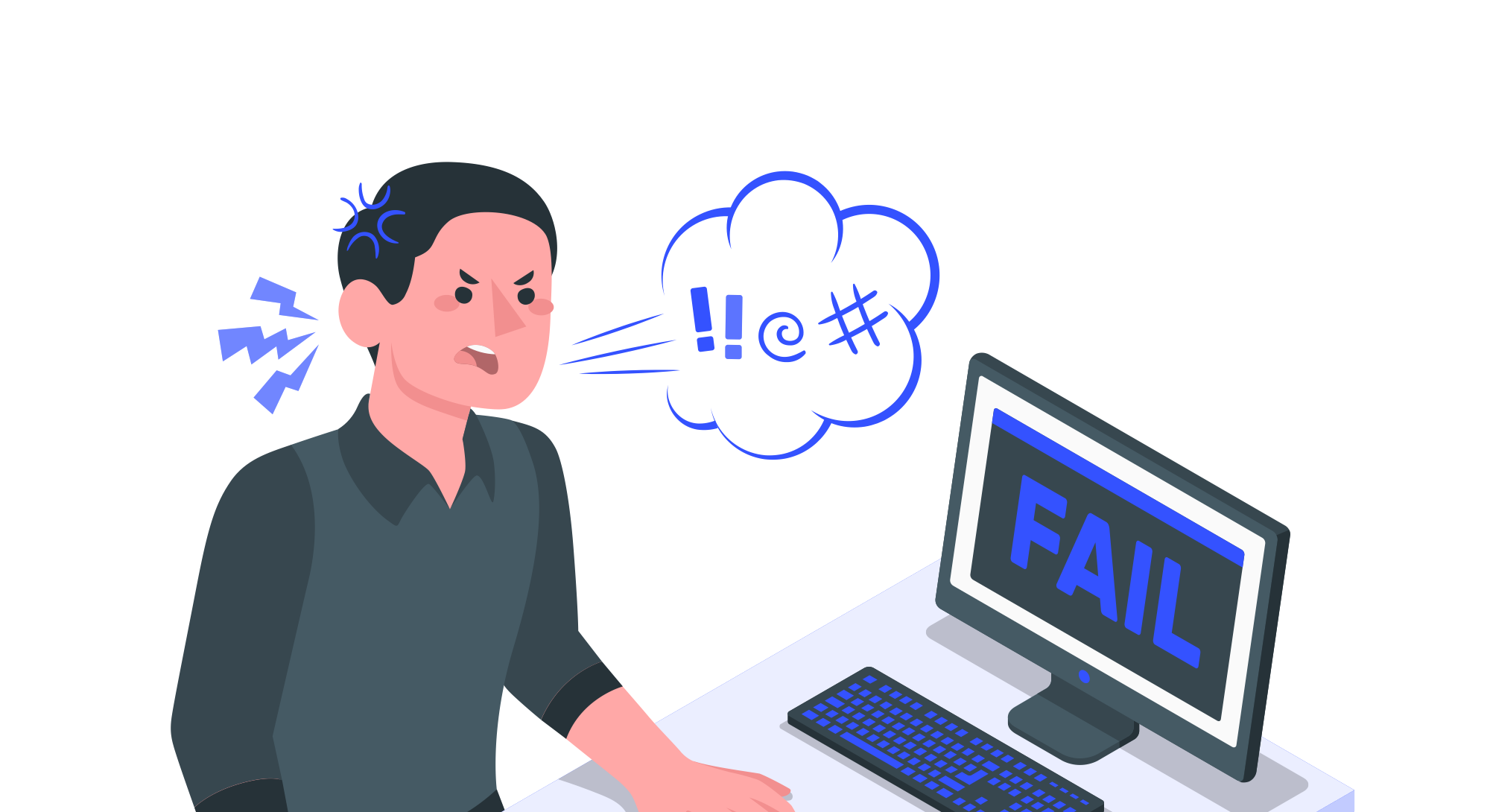10 Ways to Make Your Goals Fail, and What to Do Instead: #1
This post is part of our series answering the question, “Why do my goals and New Year’s resolutions keep failing? How do you make effective goals?” For best results, first check out the Introduction, instructions, and table of contents.
TL;DR
Thanks to how your brain is wired, having goals improves your life, regardless of their completion.
Action Potentials:
Set 1-3 goals for yourself
It’s All in Your Head
Before we delve into the “how,” let’s be clear on one point: goals work.
Almost without exception, you will be more successful if you set a goal than if you don’t, even if you don’t actually achieve it (See Fatal Error #2) [1].
Goals help you define priorities, maintain focus and effort on them, and actively seek out opportunities to progress [2].
Because our brains are subjected to so many different stimuli and ideas, there’s a particular bundle of neurons called the reticular activating system (RAS) that decides what we pay attention to. The RAS constantly chooses what to consciously notice, focus on, and remember, so that we aren’t overwhelmed by all the unimportant stuff.
When you have a goal, your memory of it triggers your RAS to pay more attention any time a relevant reminder, opportunity, or threat appears. These things exist regardless, but your RAS filters them out until your goal makes them more important to your brain. Now that you’re focusing on them, you can take advantage of the opportunities and avoid the threats to achieve your goal. Plus, confirmation bias will work to your advantage because you’ll start noticing ways your goals are already being fulfilled, which boosts confidence and motivation.
What are more effects of “your brain on goals,” so to speak?
- Increased self-confidence, self-esteem, self-efficacy, autonomy, and motivation [3-4].
- Greater feelings of well-being [5-6].
- Better performance [7-8].
- More success [9].
These effects depended on people simply setting goals, not necessarily hitting them.
(However, many of these benefits can’t happen if you maintain a perfectionist mindset. See Fatal Error #2)
This is just a sampling of the abundant research showing that goals are good for your brain and good for your success, no matter how successful the goal itself.
References:
- Norcross JC, Mrykalo MS, Blagys MD. Auld lang syne: success predictors, change processes, and self-reported outcomes of New Year’s resolvers and nonresolvers. J Clin Psychol. 2002 Apr;58(4):397-405. doi: 10.1002/jclp.1151. PMID: 11920693.
-
Locke, E. A., Shaw, K. N., Saari, L. M., & Latham, G. P. (1981). Goal setting and task performance: 1969–1980. Psychological Bulletin, 90(1), 125–152. https://doi.org/10.1037/0033-2909.90.1.125.
- Locke, E. A., & Latham, G. P. (2006). New Directions in Goal-Setting Theory. Current Directions in Psychological Science, 15(5), 265–268. https://doi.org/10.1111/j.1467-8721.2006.00449.x.
- Evans L, Hardy L. Injury rehabilitation: a goal-setting intervention study. Res Q Exerc Sport. 2002 Sep;73(3):310-9. doi: 10.1080/02701367.2002.10609025. PMID: 12230338.
- Klug, H. J. P., & Maier, G. W. (2015). Linking goal progress and subjective well-being: A meta-analysis. Journal of Happiness Studies: An Interdisciplinary Forum on Subjective Well-Being, 16(1), 37–65. https://doi.org/10.1007/s10902-013-9493-0.
- Sheldon, K. M., & Kasser, T. (1998). Pursuing personal goals: Skills enable progress, but not all progress is beneficial. Personality and Social Psychology Bulletin, 24(12), 1319–1331. https://doi.org/10.1177/01461672982412006.
- Locke, E. A. (1996). Motivation through conscious goal setting. Applied & Preventive Psychology, 5(2), 117–124. https://doi.org/10.1016/S0962-1849(96)80005-9.
- Kleingeld A, van Mierlo H, Arends L. The effect of goal setting on group performance: a meta-analysis. J Appl Psychol. 2011 Nov;96(6):1289-304. doi: 10.1037/a0024315. Epub 2011 Jul 11. PMID: 21744940.
- Matthews, G. (2015). Goal research summary. Paper presented at the 9th Annual International Conference of the Psychology Research Unit of Athens Institute for Education and Research (ATINER), Athens, Greece.

